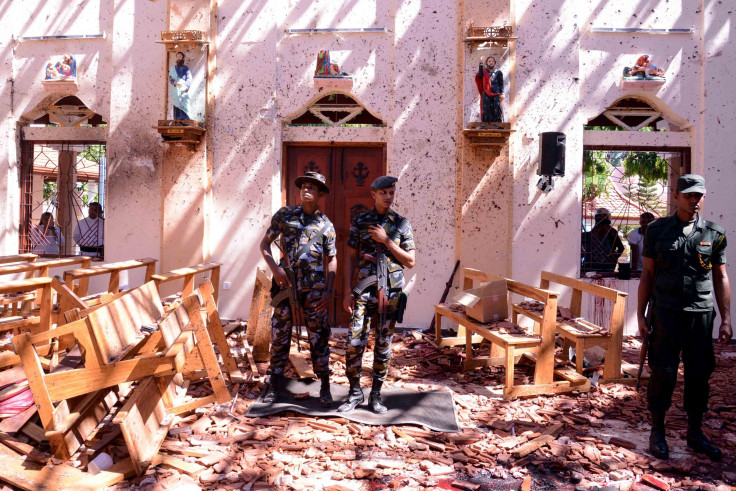Sri Lanka Bombing News: Government Blocks Social Media After Attacks To Stop Fake News

Following the deadly blasts in Sri Lanka that killed 207 people on Easter Sunday and injured more than 400 people, the country has clamped a ban on social media until further orders to stop the circulation of fake news.
The Sri Lankan government’s news portal updated that all social media has been blocked to avoid the spread of false news.
In the attacks, many churches and hotels were targeted. At least, 11 foreigners died in the bomb blasts and nine are missing and while 19 have been injured.
In an appeal, Sri Lankan Prime Minister Ranil Wickremesinghe urged people to “avoid propagating unverified reports and speculation.”
The clampdown on social media aims to prevent the spread of misinformation, stated Udaya Seneviratne, secretary to the president.
“Please avoid propagating unverified reports and speculation,” Seneviratne requested.
The hardship from blocking social was evident in the tweet of a Colombo resident Roshni Fernando.
“If I don't reply to your messages it is because WhatsApp and Facebook appear to have been shut down in Sri Lanka,” she said.
Fernando said people SMS or Twitter is the sole way to communicate now. However, a small section of users said they could communicate with friends via apps like Snapchat and WhatsApp.
The abuse of social media in terror attacks was illustrated in the March 15 shootings in the New Zealand city of Christchurch where a gunman used 'Facebook live' to broadcast his dastardly shooting spree on innocent victims at a mosque.
White House condemns the attack
The White House condemned the “outrageous terrorist attacks” in Sri Lanka on Sunday and said the administration "stands with the people and Sri Lanka as they bring to justice the perpetrators of these despicable and senseless acts.”
Meanwhile, the police said 13 people have been taken into custody.
President, PM cold war affected security?
Thee are also reports suggesting a bungling in the handling of security despite intelligence warnings. {rime minister, Ranil Wickremesinghe disclosed that security services had “advance tip-off” over a possible terror attack after intelligence warned that “prominent churches” might be attacked.
“We must also look into why adequate precautions were not taken,” Wickremesinghe told reporters.
It may be recalled that security forces are under President Maithripala Sirisena. He has strained relations with the PM. In last October, Sirisena sacked Wickremesinghe as prime minister triggering a constitutional crisis until he was reinstated.
© Copyright IBTimes 2025. All rights reserved.




















